In a surprising downturn, Yemen"s chemicals export value plummeted dramatically from $13. 4 million in 2015 to just $12. 8 thousand by 2019, highlighting a significant contraction in this sector. Contrastingly, imports have seen fluctuations with a peak at over $376 million in 2015, dropping to approximately $232 million in 2019. This discrepancy between import and export values underscores a critical reliance on foreign chemicals, presenting an untapped opportunity for local production and supply chain enhancements. Analyzing the economic indicators, Yemen faces a substantial challenge with its low percentage of population using safely managed sanitation services—only 18. 6% in 2019. This, coupled with high levels of open defecation in rural areas, suggests a latent market demand for sanitation chemicals like chlorine and detergents.
Furthermore, Yemen"s renewable freshwater resources are severely stressed, with withdrawals exceeding available resources, emphasizing the necessity for sustainable chemical solutions in water treatment and agriculture. Globally, countries with similar environmental stresses have leveraged local chemical production to reduce dependency on imports, thereby stabilizing their economies. For Yemen, fostering local manufacturing capabilities in essential chemicals such as fertilizers and pesticides could address both agricultural and economic needs, reducing the import burden and stimulating local economies. Aritral. com, an AI-driven B2B platform, provides a strategic solution for businesses aiming to navigate Yemen"s chemicals market. By offering services like Product Listing and Global Sales Assistance, Aritral empowers companies to establish direct communication with potential partners, optimize their market strategies through AI-powered marketing, and effectively manage their business profiles. Businesses could therefore enhance their presence in Yemen"s chemical sector, turning market challenges into growth opportunities.
-
 მოჰამედ 3 თვის წინ
მოჰამედ 3 თვის წინ იემენი
მეტეორიტი
იემენი
მეტეორიტი
ეს მიღებული იქნა 2/1/2025. მეტეორიტი დადასტურებულია, რომ აქვს ძლიერი მიზიდულობა მაგნიტთან და ძალიან მძიმეა.დეტალები
-

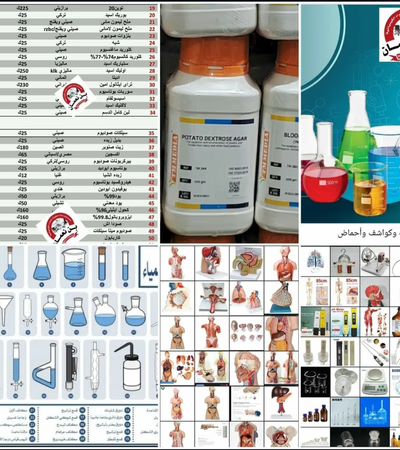 იემენი
ბენ ნამან ლამასალიზამატ ალმუამალათ ალტაალიმიია ვალსინაიია ბიაჯჰიზათიჰა ვამავადიჰა ალქიმიაიია
იემენი
ბენ ნამან ლამასალიზამატ ალმუამალათ ალტაალიმიია ვალსინაიია ბიაჯჰიზათიჰა ვამავადიჰა ალქიმიაიია
#ყველას აქვს ყველაფერი, რაც ლაბორატორიებს ეხება: ✅მოდელები ყველა ფორმაში ✅ინსტრუმენტები და ექსპერიმენტული მოწყობილობები ✅#განათლების_თამაშები ✅#მინის_...დეტალები
-
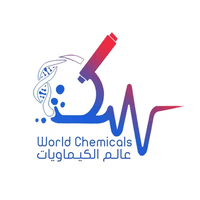 ალამ ალკიმავიათ 10 თვის წინ
ალამ ალკიმავიათ 10 თვის წინ იემენი
ალამ ალკიმავიათ
იემენი
ალამ ალკიმავიათ
ალამ ალკიმავიათ სამედიცინო და ლაბორატორიული მომარაგების სფეროში სანა`აში, იემენში გთავაზობთ მაღალი ხარისხის ქიმიური და სამედიცინო პროდუქტების ფართო არ...დეტალები
-
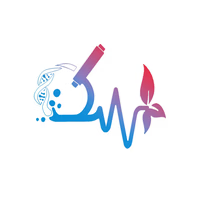 ალამ ალქიმიავათს და მასტილზმათ მედიცინას 3 თვის წინ
ალამ ალქიმიავათს და მასტილზმათ მედიცინას 3 თვის წინ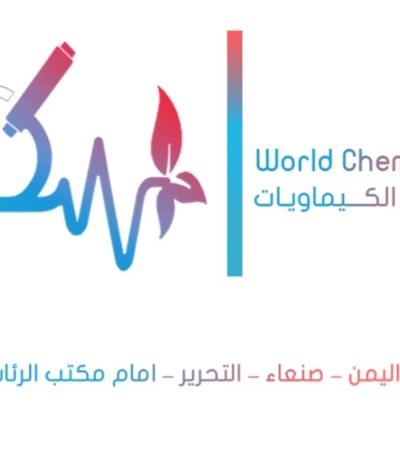 იემენი
ქიმიკატების და სამედიცინო მომარაგების მსოფლიო
იემენი
ქიმიკატების და სამედიცინო მომარაგების მსოფლიო
მოგესალმებით ქიმიკატების სამყაროში, სადაც გთავაზობთ მაღალი ხარისხის ქიმიური და სამედიცინო პროდუქციის ფართო არჩევანს თქვენი საჭიროებების დასაკმაყოფილებ...დეტალები
-
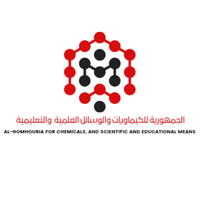
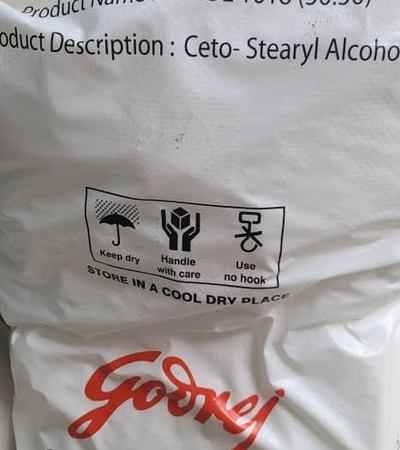 იემენი
ქიმიკატები, სამედიცინო საშუალებები და საგანმანათლებლო ინსტრუმენტები
იემენი
ქიმიკატები, სამედიცინო საშუალებები და საგანმანათლებლო ინსტრუმენტები
*ყველა ხელმისაწვდომი ქიმიკატი, სამედიცინო საშუალებები და საგანმანათლებლო და ინდუსტრიული ინსტრუმენტები სარეცხი საშუალებებისა და კოსმეტიკისთვის, ასევე მ...დეტალები








